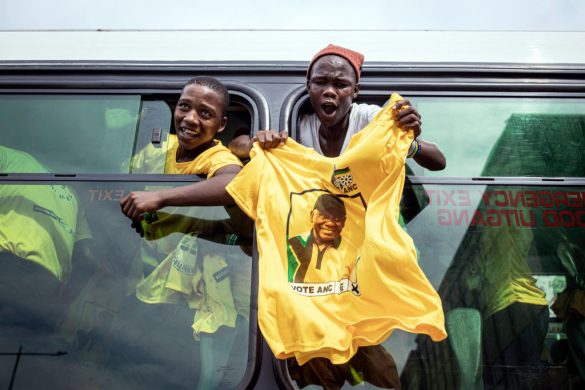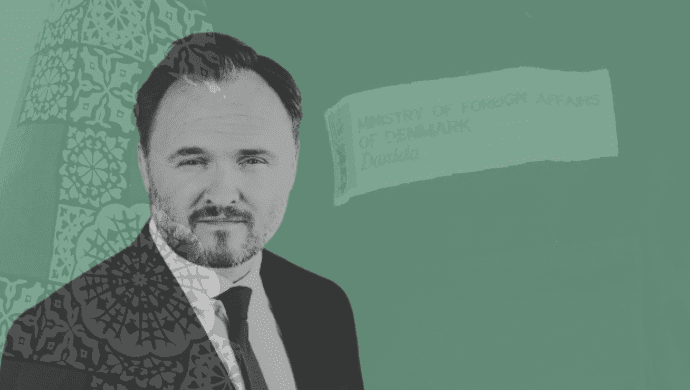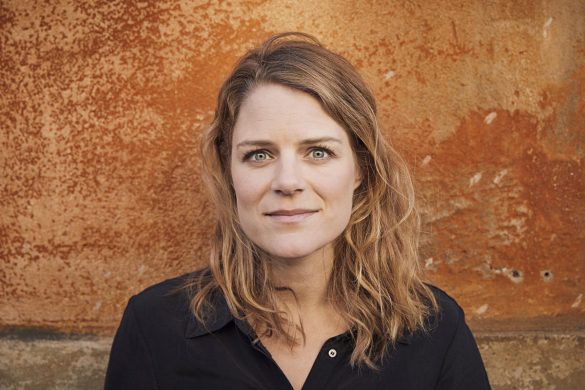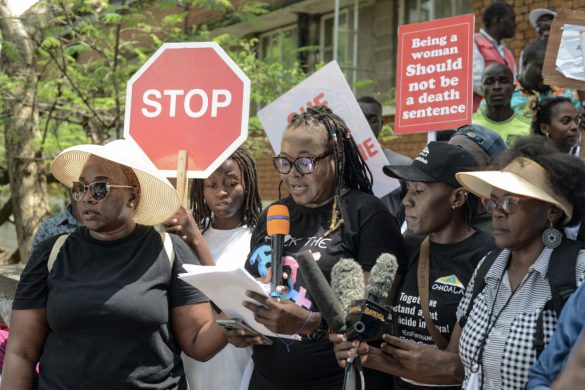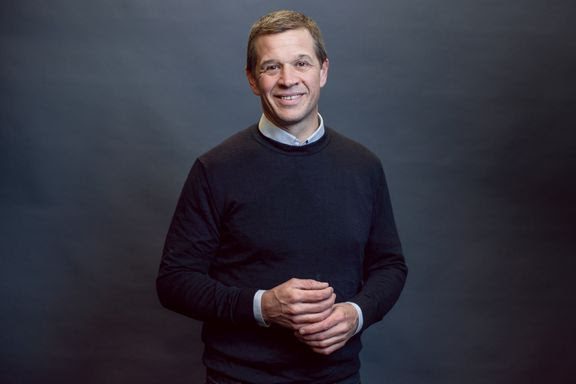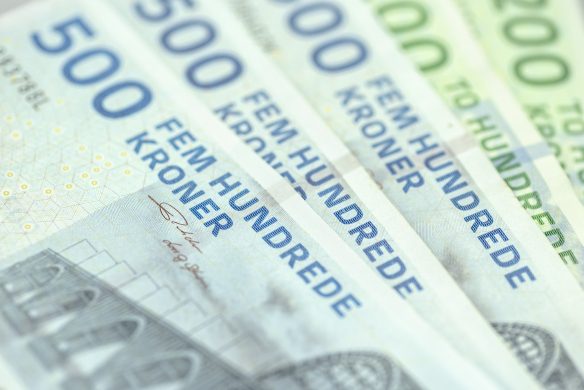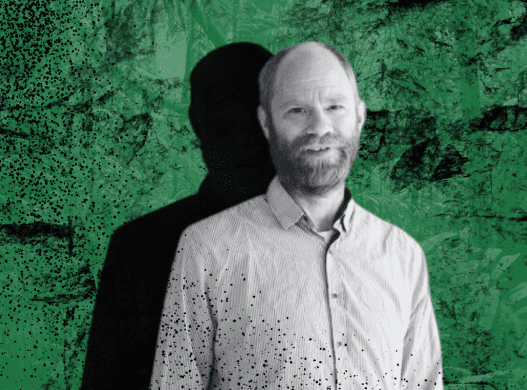Verden over stiger behovet for at få elektricitet. Vedvarende energi kan være en bæredygtig og effektiv løsning på behovet i landområder, hvor der er langt til de eksisterende elnetværk.
ABU DHABI, 5. februar 2015 (IRENA): Hand in hand with combating climate change, the international community has called for providing clean and sustainable energy services for the more than 1.3 billion people, mostly in Asia and Africa, who lack electricity, and the 2.4 billion who still rely on coal and firewood for cooking.
However, if today’s energy development policies continue, over a billion will still lack electricity access in 2030. Changing this will be impossible without a major shift to off-grid systems, using renewable power generated from the sun, wind, water and biomass.
Fokus på lokale behov
“It is not just a question of supplying electricity, but of stimulating rural economies by catering to the energy needs of agriculture, industry and local businesses,” said Ernesto Macías, President of the Alliance for Rural Electrification, based in Europe.
The United Nations Secretary-General launched the Sustainable Energy for All initiative in 2010, callling for the expansion of renewable energy and improving energy efficiency, as well as ensuring universal access to modern energy services by 2030.
But at present rates, these goals cannot be met. In fact, energy access needs to expand at double the current rate. Accelerating the pace of electricity expansion requires a combination of centralised and decentralised approaches.
Nearly 60% of the additional generation necessary to achieve universal electricity access will have to come from off-grid solutions, including standalone systems and mini-grids.
Renewable energy technologies provide the ideal off-grid power solution, well suited to the energy needs of rural communities and bringing substantial socio-economic benefits.
Plummeting technology costs in recent years make renewables the most cost-competitive option for electrification in most rural areas.
Vedvarende energi oplagt kilde
“The growth of renewables, advances in technologies and renewed focus on ending energy poverty are all aligned to make off-grid solutions the next major area that government and the private sector will be looking. It presents an exciting prospect,” said Wencai Zhang, Vice President of the Asian Development Bank.
Off-grid investment offers the chance to leapfrog conventional energy systems and centralised infrastructure.
But tapping into the opportunity requires the combined effort of governments, the private sector, non-governmental organisations, international agencies, development banks and other stakeholders.
One of the key challenges for governments is to create an enabling environment, unlocking local entrepreneurial capacities to deliver energy services to rural communities.
Successful off-grid renewable power deployment hinges on effective policy and regulatory frameworks, access to affordable financing, customised business and financing models, suitable technologies and sufficient capacity.
Internationalt fokus på udviklingen
A recent conference, the International Off-grid Renewable Energy Conference (IOREC), organised by IRENA, focuses on facilitating exchanges of best practices and engagement between the public and private sector.
The second IOREC took place in Manila, the Philippines, in 2014 in cooperation with the Asian Development Bank and the Alliance for Rural Electrification.
Conference participants highlighted the need to change mindsets, so the market propels off-grid renewable energy investment without any need for grants. Governments will have a role in helping to achieve this paradigm shift.
“The business case for deploying off-grid renewables in rural areas has never been stronger, and innovative business models are emerging to underlie growth in the sector,” said IRENA’s Director-General, Adnan Z. Amin.
Læs IRENA’s nyhedsbrev for 1. kvartal af 2015 her
Læs mere om IOREC-konferencen her
IRENA står for International Renewable Energy Agency og har hovedbase i Abu Dhabi i Emiraterne.


